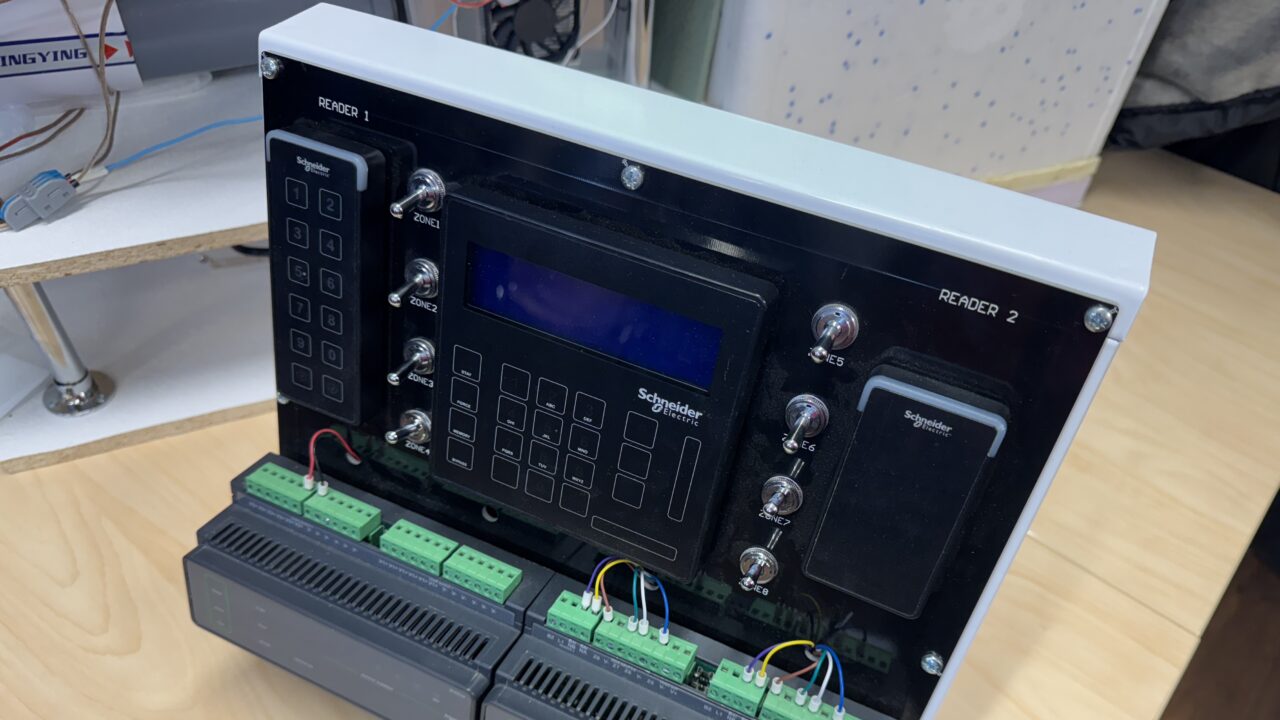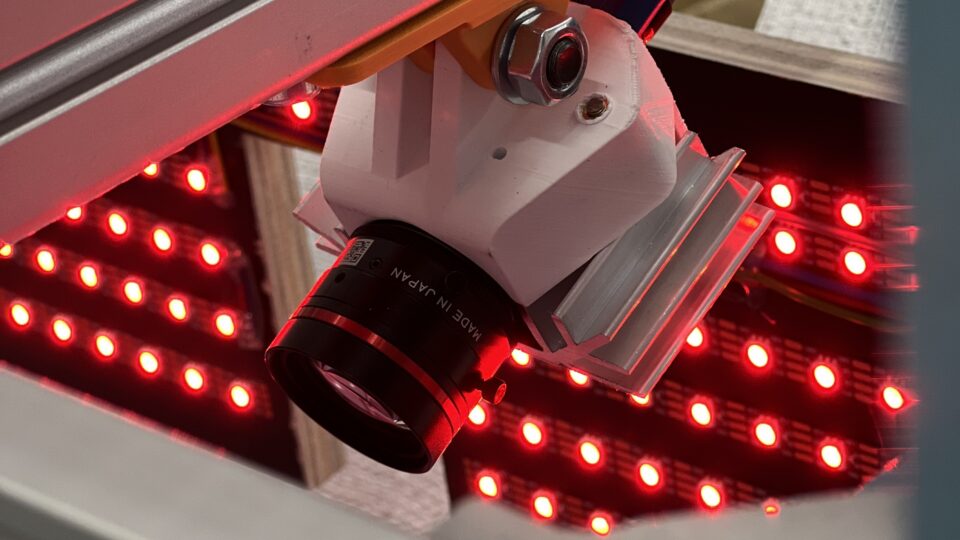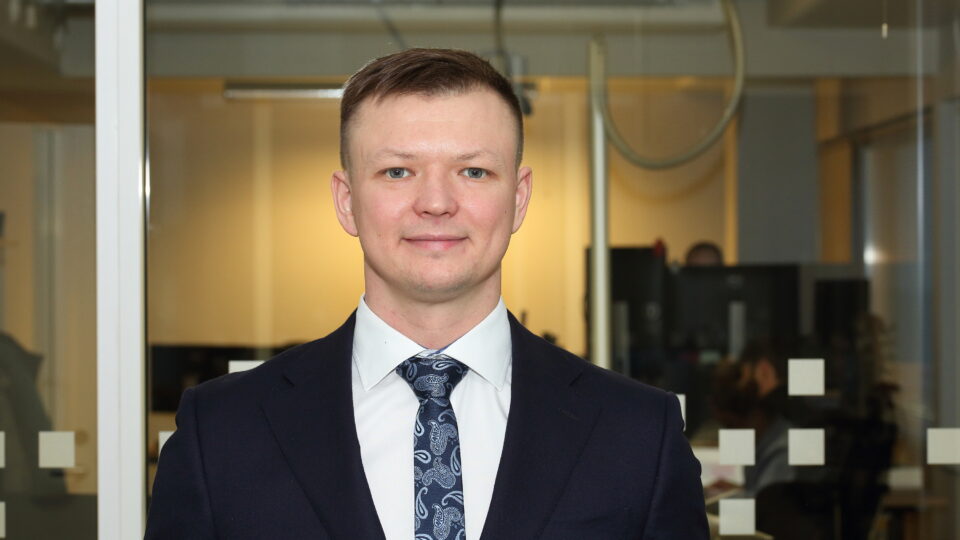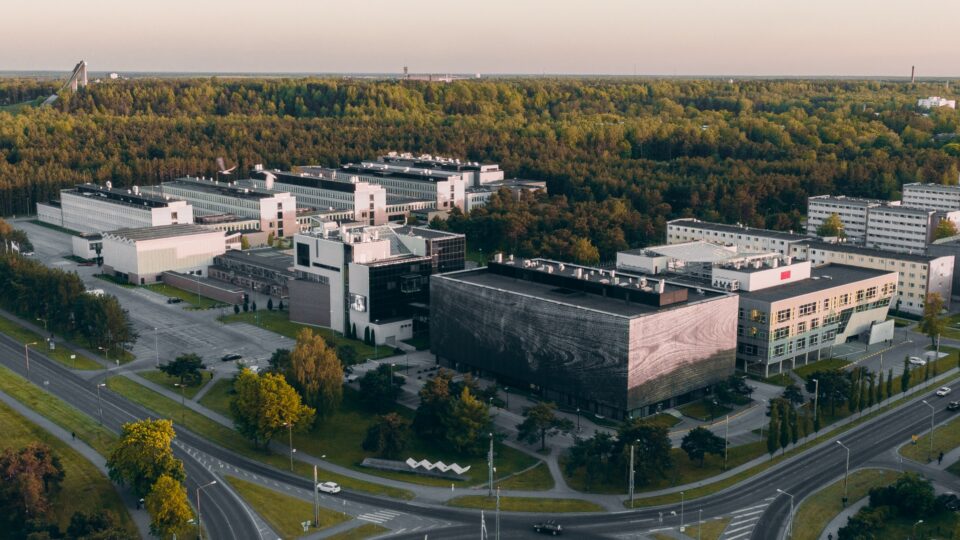During one of TalTech’s winter brainstorming sessions, a key question came to the fore: how can the education at TalTech’s Tartu College be made even more practical and relevant – aligned with the expectations of our time and the needs of employers? This is how the idea of collaborating with Schneider Electric Eesti AS was born.
It’s clear that both individuals and businesses are going through challenging times. Changes in the economy and labor market demand rapid adaptation, all while constantly facing new expectations. While companies are eager to invest in future talent, limited resources – time, money, and attention – often stand in the way.
At the same time, a university can do a lot on its own. By consciously taking on a guiding and proactive role, it’s possible to build bridges between academia and industry. Guided by this principle, Tartu College decided to take a step towards collaboration and ask: what skills should our graduates in the cyber-physical systems programme have for the future job market?
At the heart of the programme is a field that is becoming increasingly vital with each passing year – automation. This led to the idea of reaching out to Schneider Electric Eesti AS to initiate a partnership.
Shortage of building automation specialists
In preparation for the collaboration, the college’s capabilities were carefully mapped out and visions for cooperation were proposed. Schneider Electric Eesti AS Sales Director Miko Siilivask was invited to visit Tartu – the labs were introduced, future opportunities were discussed, and a profile was outlined of the kind of graduate who would be ready to enter the workforce immediately. Siilivask actively contributed to the discussion, pointed out pain points in the field, and confirmed that Estonia is facing a significant shortage of building automation specialists.
The meeting proved to be a success – the collaboration snowball started rolling. The company agreed to support the college with a building automation demo kit, which allows students to both visualize how such systems work and carry out hands-on experiments. Students can assemble, configure, and operate the system themselves – just like they would with manufacturer equipment on the job market.
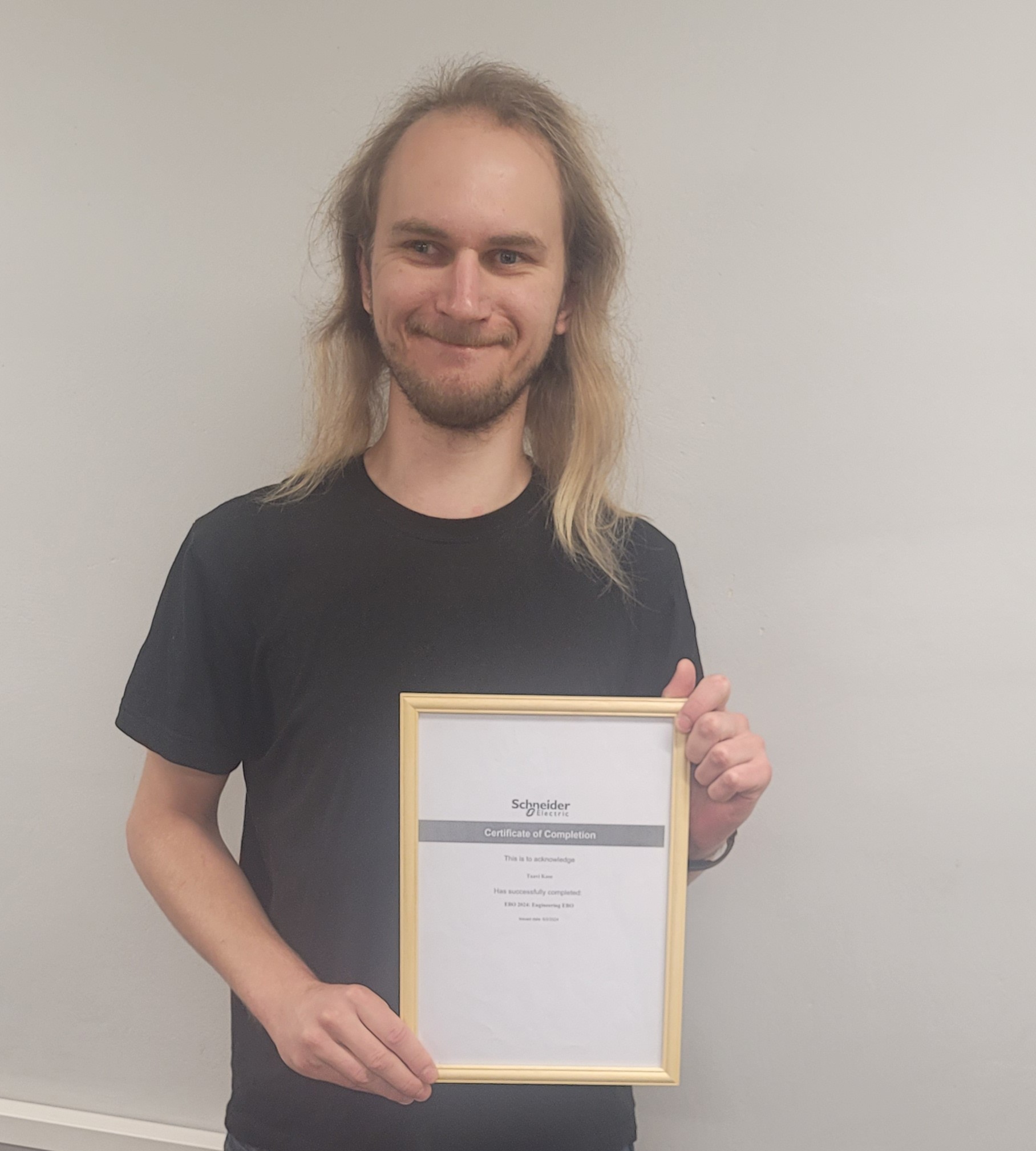
This opportunity significantly raised the level of instruction. At the same time, a new course titled Building Automation was developed, based directly on the newly introduced equipment. To ensure proper use of the tools, lecturer Taavi Kase underwent a four-day training by Schneider Electric in Riga. As a result, the college now has its own certified specialist.
Everyone wins
This collaboration brings benefits on multiple levels. First and foremost, it allows students to gain hands-on experience with the same equipment they’ll encounter in their future workplaces. Second, the teaching can focus on real-world tasks and concrete examples – preparing young professionals for the kinds of unexpected situations they might face on the job market.
These are valuable skills that give graduates a competitive edge – for example, when applying for a position as an automation specialist. In the longer term, the partnership could even lead to the creation of a microdegree programme.
In summary, the collaboration has enabled the development of more practice-oriented teaching, brought a certified instructor to the college, and provided companies – including Schneider Electric Eesti AS and its partners – with future specialists who have the potential to drive the field forward.
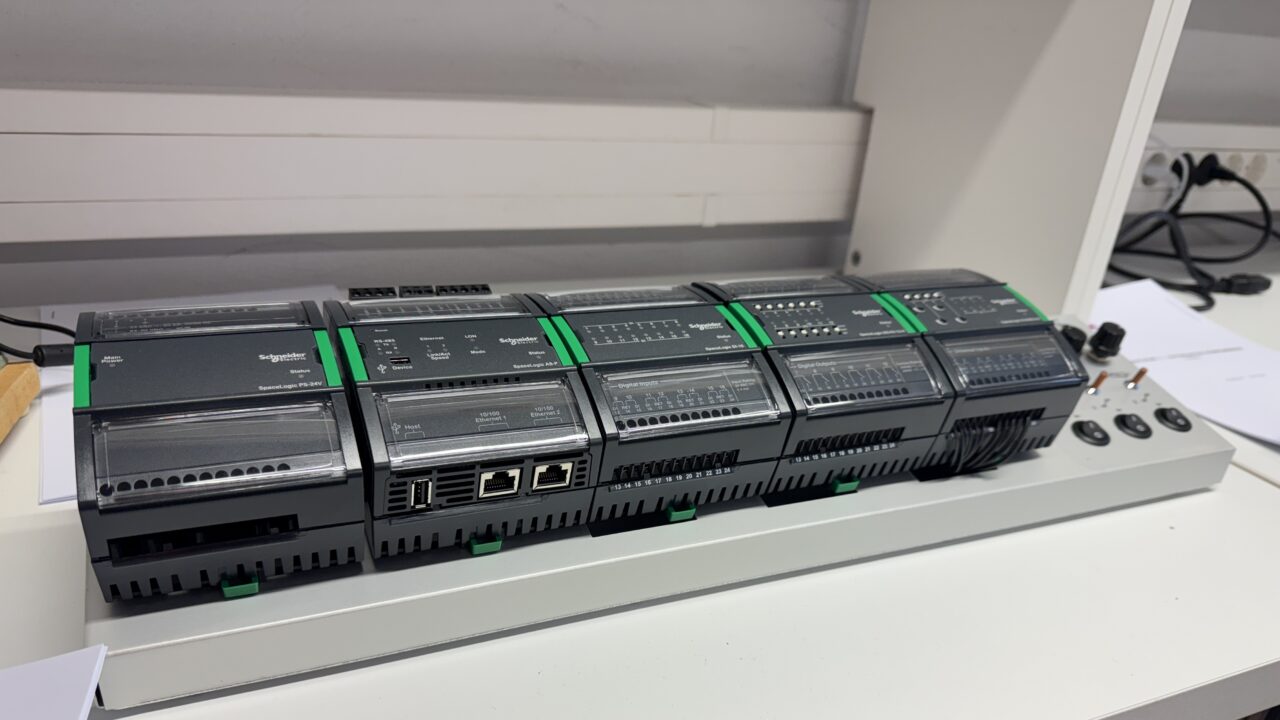
Schneider Electric Eesti is supporting TalTech’s Tartu College with a building automation system demo kit. Photo: TalTech
Schneider Electric
- Founded in 1836 in France
- Operates in over 100 countries
- Employs more than 160,000 people
- Focus areas: energy efficiency, automation, green technologies, and digitalization
- Schneider Electric Eesti AS is actively involved in industrial automation, building management, and the development of smart energy networks
TalTech Tartu College
Established in 2005
Focused on strengthening engineering education in Southern Estonia
Degree programmes:
- Building Design and Construction Management
- Smart Systems and Applied IT (with a focus on cyber-physical systems)
- Industrial Ecology
Microdegrees:
Since autumn 2022, the college offers smaller-scale curricula that allow learners to acquire in-depth knowledge over the course of a few semesters.
Student numbers:
The college started with 15 students. Today, it has over 600 alumni and currently enrolls 350 students.

